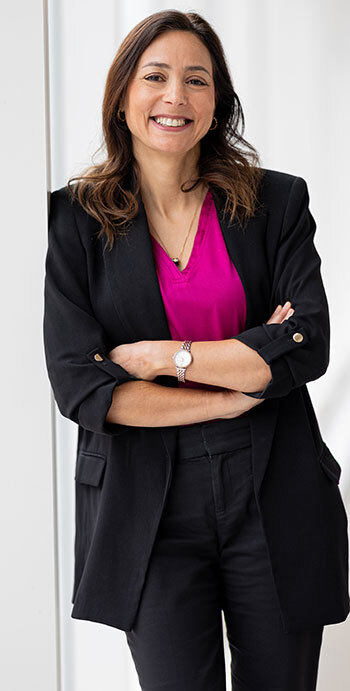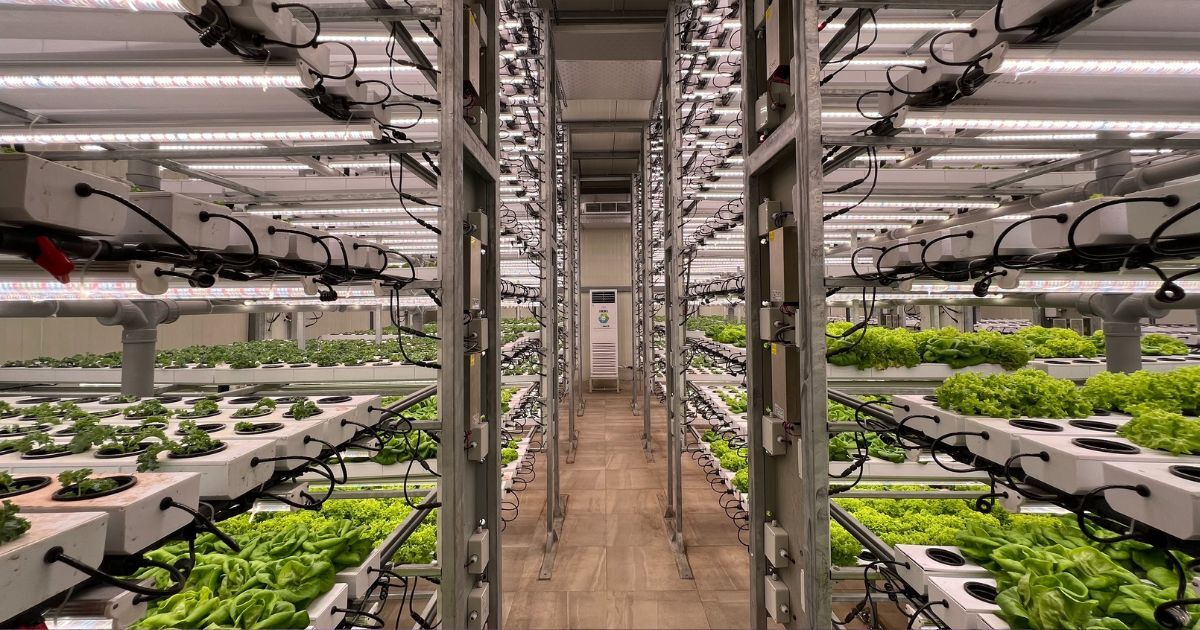
“Problems related to supply chain design and planning can be highly complex,” says Rim Larbi, Professor in the Systems Engineering Department at ÉTS. There were no decision-support tools to manage loading and unloading operations on a cross-docking platform until Larbi tackled the subject as part of her PhD.
How to combine the fastest routes, quantities to deliver and fuel consumption while minimizing the environmental footprint of shipping? Or, to be more pragmatic, how to determine the most efficient location for a sorting centre, considering economic, social and environmental issues? This represents hours and hours juggling with data that is often lacking or show problems so complex that they can’t be addressed even with today’s most powerful computers.
Moving Toward Industry 5.0
“That’s what motivates me: finding the most balanced solution using algorithms to build robust models,” explains Ms. Larbi.
While we move quietly toward Industry 5.0, many companies are not yet equipped with information systems or are not using management software packages to their full potential. It’s also the researcher’s role to circumvent these pitfalls using artificial intelligence to develop tools that will simplify the digital transition of businesses.
A Natural Choice for Her Studies
Mathematics and problem-solving were young Rim Larbi’s passions. During an operational research course given by Professor Atidel Hadj Alouane, a pioneer in her field in Tunisia, Rim discovered her calling. After graduating from the National Engineering School of Tunis, Rim Larbi pursued her studies at the Institut polytechnique de Grenoble in France. She earned her PhD in Electrical Engineering in 2008. Her thesis focused on the optimization of operational workflows in a freight transshipment platform.
Her research activities can be applied to all fields, from the maritime industry to the hospital and manufacturing sectors.

Teaching and Applied Research, Two Sides of the Same Coin
During her PhD studies, Ms. Larbi had the opportunity to pursue two internships in Montreal. She loved this open, friendly city and, despite the harsh winters, decided to settle here.
After 14 years of teaching at universities in the United Arab Emirates, France and Tunisia, Rim Larbi chose the position of professor at ÉTS. She wants to pass the pleasure of research and the desire to explore new avenues on to her students.
Rim Larbi is presently working on a subject of special interest to her: the logistics chain in the recycling sector.
Seven Types of Plastics: Which Recycles Best?
Municipalities know how many tons of residual materials are produced but cannot say which plastic mix is recycled. There’s not enough data to do anything about it. How can you choose the location of a sorting facility if you don’t know which family of plastic would benefit from recycling? “It’s a sector that attracts me because it includes the logistical aspect but also the environmental aspect.” Minimizing costs while reducing the industry’s carbon footprint: that’s the goal.
Professor Rim Larbi envisions fully digitized supply chains capable of generating accurate data in real-time. This is how dynamic problem-solving will become possible, and operations research will take on its full meaning.


